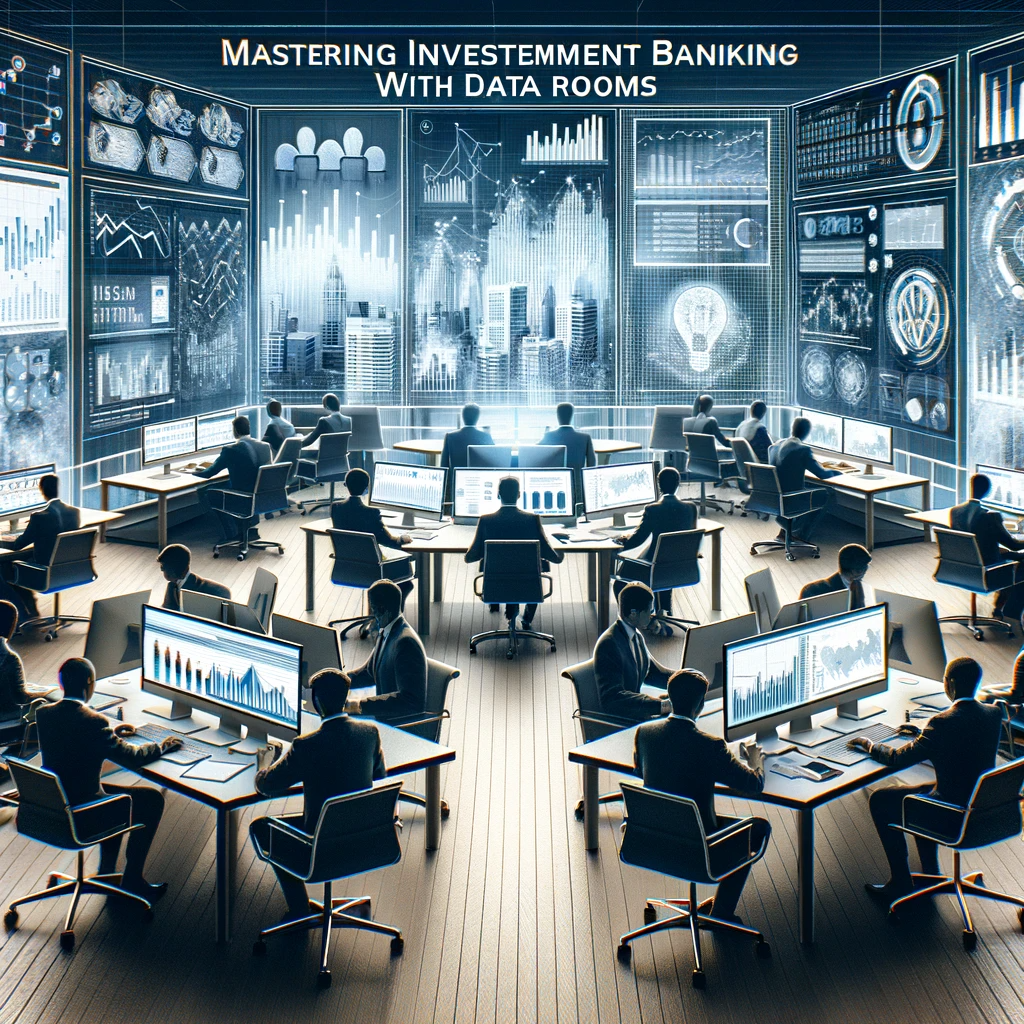In the dynamic realm of investment banking, staying ahead requires embracing transformative technologies. Data rooms, an essential evolution in contemporary deal facilitation, transform procedures by amplifying efficiency. This post explores their indispensable role and peers into the future of this transformative technology, highlighting the ongoing impact of digital transformation in the financial landscape.
The Role of Data Rooms in Investment Banking
In investment banking, data rooms play a pivotal role in ensuring secure data exchange, deal-making efficiency, and protecting confidential information. These virtual spaces build trust and prevent potential breaches.
Data rooms prioritize safeguarding confidential information and enhance deal-making efficiency through a centralized collaboration platform, enabling global stakeholders to access documents simultaneously, streamlining information exchange, and accelerating decision-making for overall transaction success.
Setting Up a Data Room for Investment Banking
Setting up an investment banking data room, or data room setup, demands meticulous planning—from platform selection to access control configuration. Every detail matters, ensuring a seamless user experience and instilling confidence in the platform’s security.
Effective document organization is crucial for a successful data room. Logical categorization and easy accessibility enhance collaboration and accelerate decision-making, particularly in the fast-paced realm of investment banking, highlighting the key role of accessibility in the process.
Essential Features of Investment Banking Data Rooms
Investment banking deals demand advanced security features like encryption, multi-factor authentication, and tight access controls. Granting varying access levels ensures information sharing on a need-to-know basis, fostering user accountability.
In the complex web of investment banking transactions, audit trails within the data room ensure accountability, which is crucial for regulatory compliance and internal scrutiny, highlighting the importance of user access control in maintaining confidentiality.
Data Rooms in Mergers and Acquisitions
Mergers and acquisitions are intricate processes that require meticulous due diligence. Data rooms simplify this by centralizing information and facilitating seamless collaboration among parties involved in the streamlined transactions.
The use of data rooms in M&A processes streamlines transactions by reducing the time spent on information exchange and negotiation. This not only expedites deals but also minimizes the risk of errors associated with traditional, manual processes.
The Future of Data Rooms in Investment Banking
As technological advancements progress, data rooms undergo continuous evolution. Key advancements include:
● Integration of Artificial Intelligence
● Leveraging machine learning
● Revolutionizing with blockchain
In the future, data rooms in investment banking evolution will integrate virtual reality for immersive due diligence and enhanced collaboration. Shaped by technology, these future trends are set to redefine how deals are conceived and executed, highlighting the continuous evolution in the field.
Conclusion
Data rooms are pivotal for investment banking success, serving as a strategic tool by ensuring secure data exchange, enhancing deal-making efficiency, and facilitating complex transactions in mergers and acquisitions. To thrive in the digital era, investment banks must embrace technological innovations, with data rooms at the forefront of the digital future of investment banking.

